Artemis Accords: Why the international moon exploration framework matters
NASA and a space law expert weigh in on the international agreements to govern work at the moon and beyond.
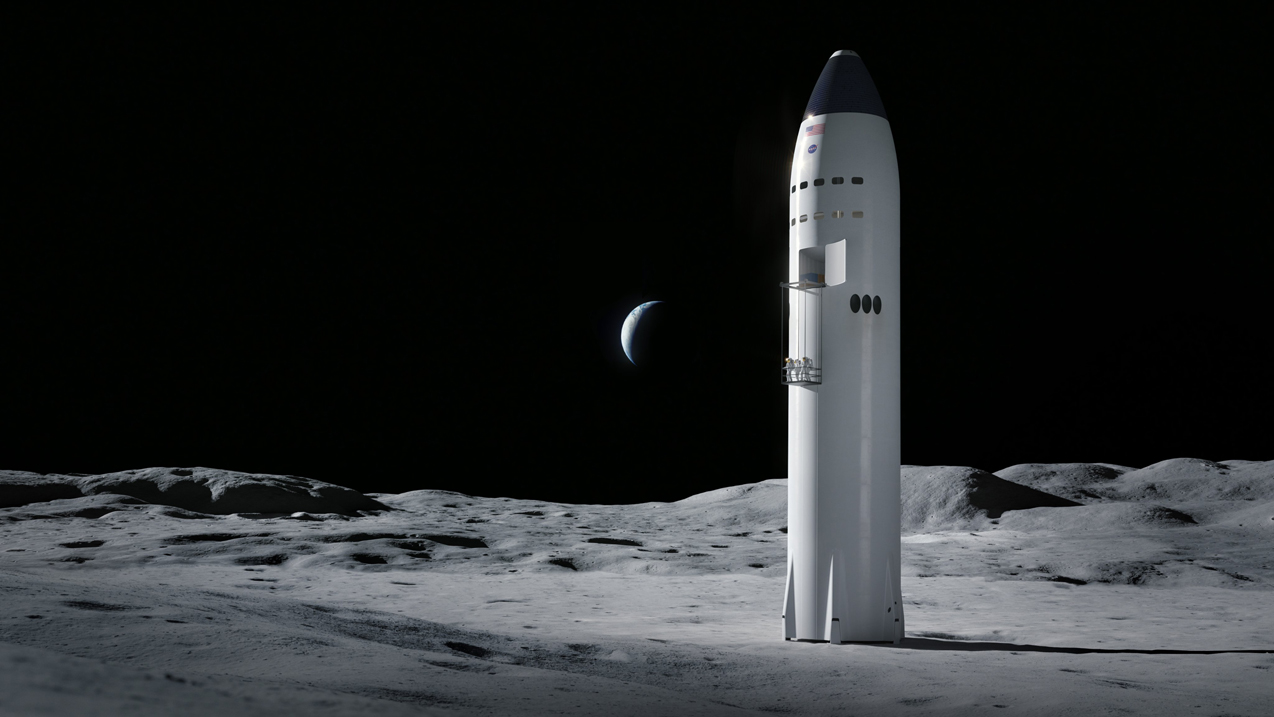
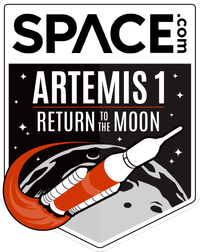
Breaking space news, the latest updates on rocket launches, skywatching events and more!
You are now subscribed
Your newsletter sign-up was successful
Want to add more newsletters?
Next week's moon launch is just the beginning.
As the world counts down to the planned Aug. 29 liftoff of the Artemis 1 mission, which will use a Space Launch System (SLS) megarocket to send an uncrewed Orion spacecraft around the moon, NASA and its international partners are already planning for the future.
More than 20 nations have signed on to the NASA-led Artemis Accords, a set of agreements that lay out a framework for responsible exploration of the moon.
And Artemis will have an international flavor going forward. For example, Canada will get a seat on Artemis 2 thanks to its contribution of Canadarm3 robotics to the planned Gateway moon-orbiting station. And Japan will fly an astronaut on a future Artemis moon mission as well.
But over the longer term, NASA plans to use the accords as a set of norms to establish how countries should conduct space exploration more generally, and to govern how they can work together for missions to Earth orbit, the moon or even Mars.
Related: NASA's Artemis 1 moon mission: Live updates
More: NASA's Artemis 1 moon mission explained in photos
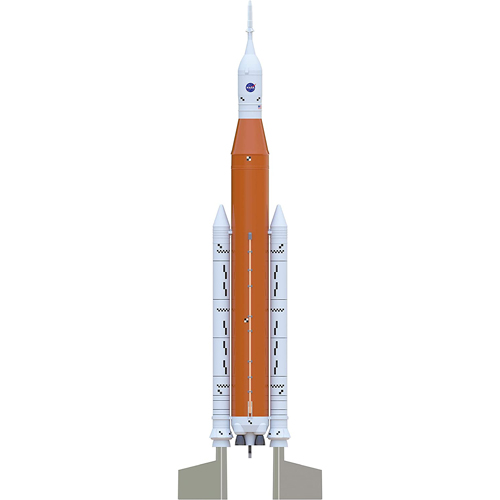
You can launch a Space Launch System of your own with this Estes NASA SLS model rocket for a 1:200 scale version of NASA's moon megarocket. Read more about it.
A NASA spokesperson told Space.com by email that the goal of the accords is "safe, responsible and transparent behavior in space," which also includes a discussion of "preserving and protecting the outer space environment to ensure a safe and sustainable future in space for all."
Breaking space news, the latest updates on rocket launches, skywatching events and more!
The agency has pledged that the accords will be inclusive of nations both experienced in space (like Canada, Japan and European Space Agency member states) and those that are newer to the final frontier (like New Zealand and Bahrain.) Notably, Russia is not a participant — no surprise given its ongoing invasion of Ukraine (an act that brought condemnation from other major space actors) and Russia's recent announcement that it plans to pull out of the ISS agreement at some point after 2024.
Related: Russia wants to build its own space station, as early as 2028
NASA frames the accords as reinforcing the 1967 Outer Space Treaty that underlies international space exploration legal norms. The impending launch of Artemis 1, the spokesperson added, is a turning point during which the agency hopes to establish more detailed guidelines, while Artemis is still young.
"By bringing as many signatories onboard as early as possible, our hope is to develop a body of knowledge, informed by collective operational experiences, that will advance broader goals through established bodies such as the United Nations Committee on the Peaceful Uses of Outer Space [COPUOS]," the spokesperson said.
"Even if some countries cannot make near-term contributions to lunar activities directly, their support of the Artemis Accords principles will strengthen the need for common values for space exploration and utilization among the international community."
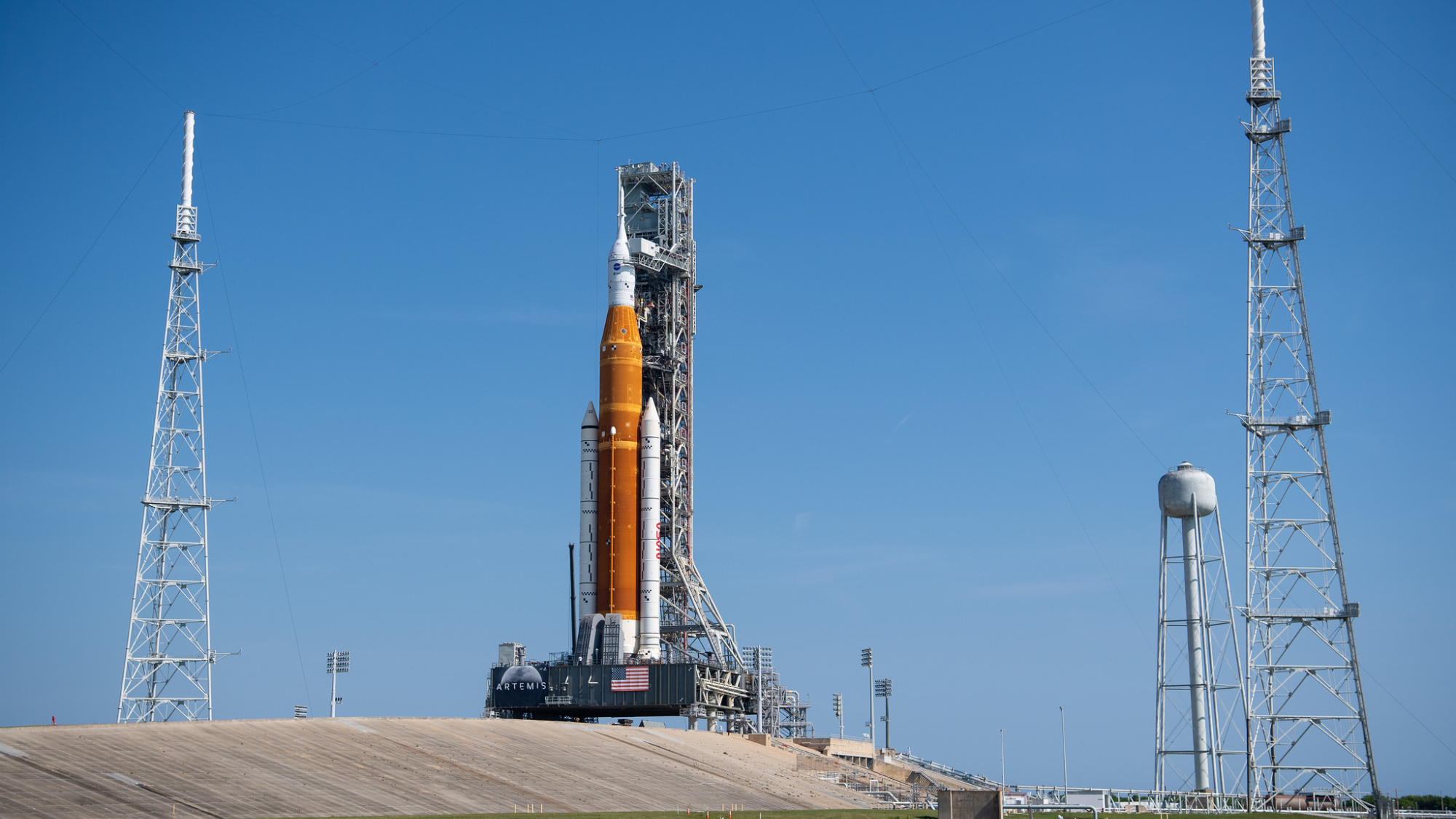
Space lawyer Michael Gold said he agrees that the accords are meant to foster an environment in space "conducive to international collaboration, and conducive to growth" with clear rules and expectations to allow space agencies and companies to conduct business.
Gold helped lead and draft the implementation of the Artemis Accords under the previous NASA administrator, Jim Bridenstine, while Gold was acting associate administrator for the agency's office of international and interagency relations. (Today Gold is executive vice president for civil space and external affairs at aerospace company Redwire Space.)
The accords, he said, are meant to cover civil activities so that companies landing on the moon on behalf of NASA are covered under the agreement. This is especially crucial given that NASA's Commercial Lunar Payload Services missions encourage private companies to deliver science, hardware and other essential items to the moon to support the Artemis program.
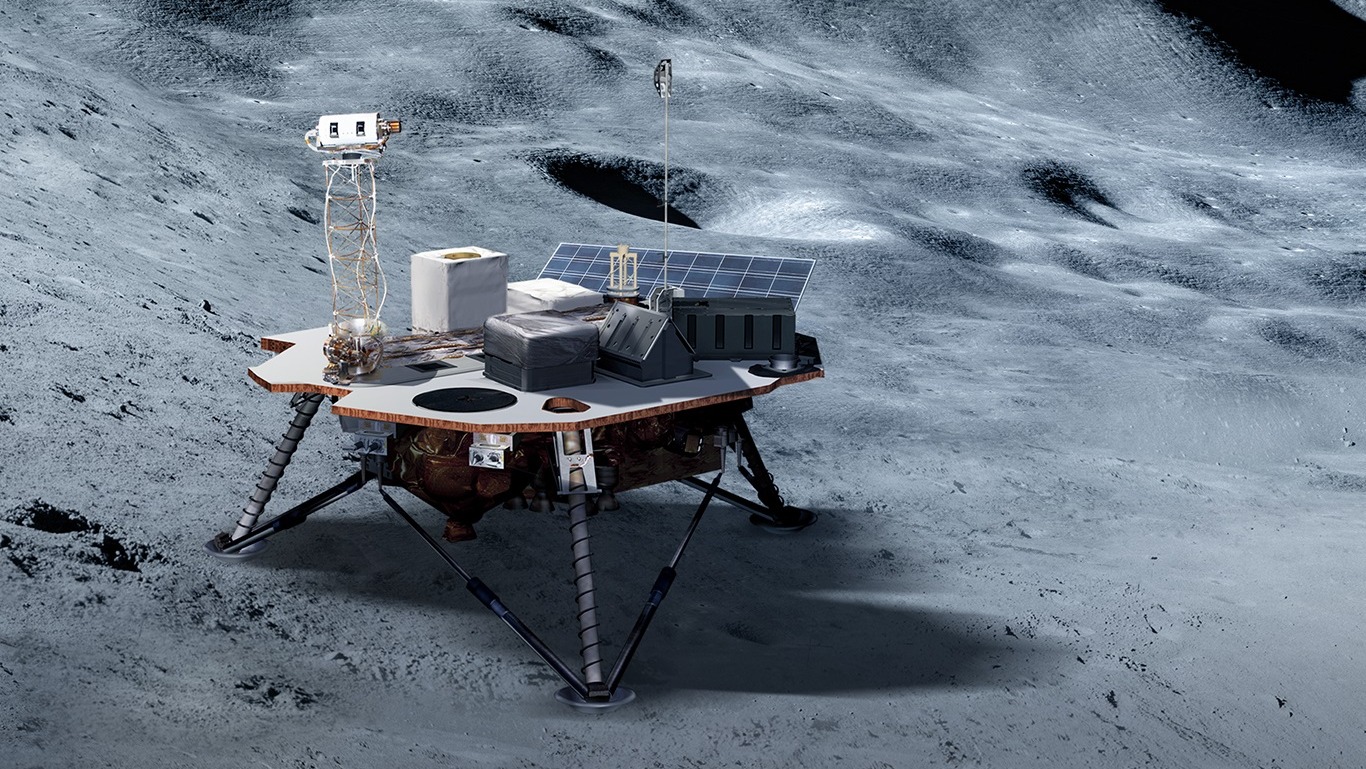
"All of these are important precedents," Gold said of the accords. Bringing in other countries aims to assure stability of Artemis, since international programs tend to have more financial and technological resources, he added.
But further stability, Gold said, would come if national security programs and commercial space programs could also align on global norms of behavior. "So much of our conflict on Earth is caused by misperception and miscommunications, and if we're going to get into a conflict, at the very least let's have it be intentional," Gold said.
For example, he said that national security norms should govern issues such as how close is too close with regard to satellites approaching each other in Earth orbit. Such encounters are more frequent now than ever due to growing broadband constellations like SpaceX's Starlink and periodic space debris events, like a much-criticized Russian anti-satellite test in November 2021.
"I believe if we're explicit, if we're public about these things, that will give us the best chance that we have of avoiding conflict, particularly via mistakes and misperceptions," Gold said. He called for UN's COPUOS to open up seats for private sector companies to allow for "government and commercial [entities] to work together."
Follow Elizabeth Howell on Twitter @howellspace. Follow us on Twitter @Spacedotcom or Facebook.

Elizabeth Howell (she/her), Ph.D., was a staff writer in the spaceflight channel between 2022 and 2024 specializing in Canadian space news. She was contributing writer for Space.com for 10 years from 2012 to 2024. Elizabeth's reporting includes multiple exclusives with the White House, leading world coverage about a lost-and-found space tomato on the International Space Station, witnessing five human spaceflight launches on two continents, flying parabolic, working inside a spacesuit, and participating in a simulated Mars mission. Her latest book, "Why Am I Taller?" (ECW Press, 2022) is co-written with astronaut Dave Williams.
